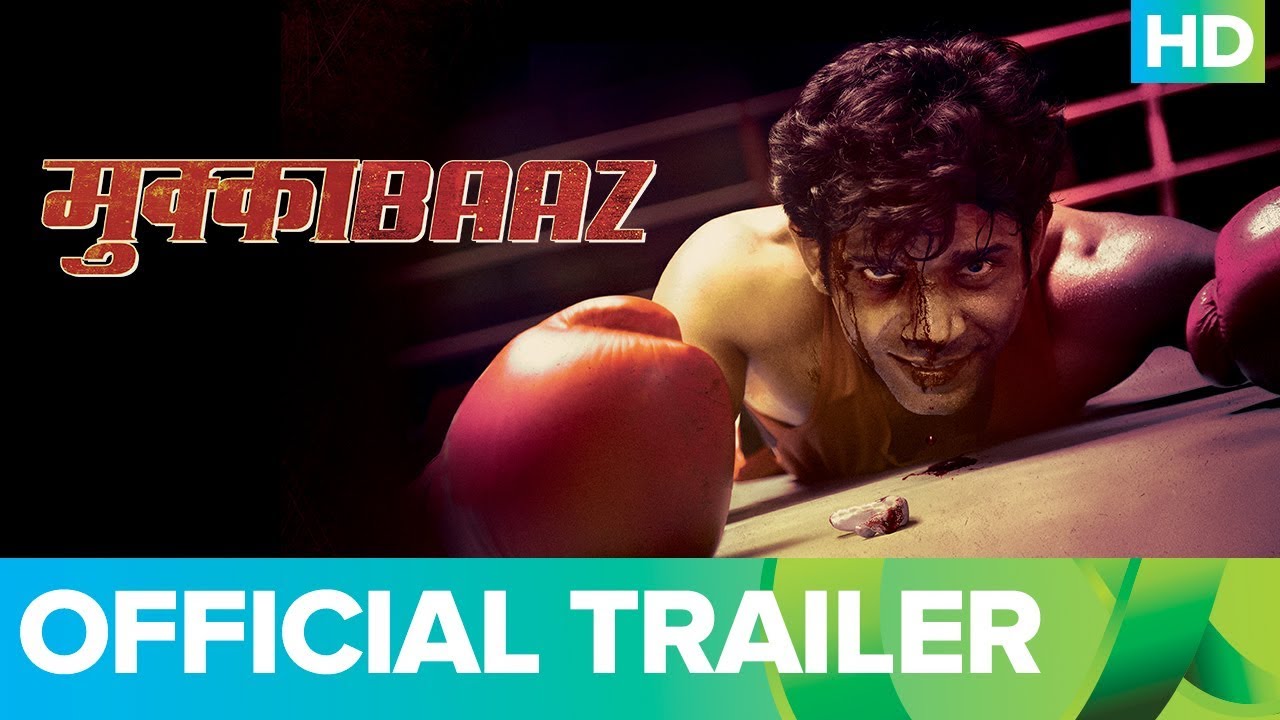Director: Raj Kumar Gupta
Music: Amit Trivedi
Cast: Arjun Kapoor, Prashanth Alexander, Rajesh Sharma
Raj Kumar Gupta’s India’s Most Wanted narrates India’s hunt for a notorious criminal who plants bombs in various cities, killing people in tens and hundreds. The media calls him ‘Ghost’ and ‘India’s Osama Bin Laden’. The general public is under the grip of fear, and the Government and intelligence agencies are under pressure to hunt him down. As blasts continue to happen, a five-member team of the Intelligence Bureau, led by Prabhat (Arjun Kapoor), travels to Nepal upon a tip-off from a stranger, to nab the bomber.
Gupta’s film has enough content to move at a brisk pace – after all, it is a crime drama centred around serial bomb blasts – but, surprisingly, India’s Most Wanted is a tedious watch. It is mounted on easy stereotypes and hackneyed tropes. Blasts and their aftermaths are represented using stock shots of crying children and women, like a gesture to the audience to see how inhuman the criminal is. The film’s understanding of international politics (India, Nepal and Pakistan cross each other’s paths in this operation) and terrorism is terribly unidimensional. Nothing about its antagonist (Yusuf played by Sudev Nair, bears an uncanny resemblance to Yasin Bhatkal) is beyond the popular perceptions about a terrorist constructed by media and commercial films. He has a panache for killing people. After every blast, he smiles and writes cheesy poetry about attaining ‘jannat’, in a dramatically lit room. The background score is cheesier and incessant, belting out Islamic prayer songs whenever the bomber appears on screen. Every once in a while, the film cuts to scenes from Islamabad’s ISI office which confirm an average Indian’s Islamophobia and anti-Pakistan sentiments.
This leads us to the question – what does it take to bring him down? His pitch-perfect modus operandi and ability to remain off the Government hook for a long period of time must indicate his high acumen. However, the film’s portrayal of intelligence is limited to rhetoric. It lacks smart plot points or intriguing sequences that an ideal sleuth-thriller should have. The final sequence of the Indian team nabbing Yusuf is staged like a genre spoof. The film is utterly simplistic, both in plot as well as form.
This reflects in the film’s portrayal of the five-member intelligence team too. Their initial scenes are promising. They are introduced as low-rank employees who are perennially cash-strapped, who have to cough up money from their own pockets, defying their family’s protests, for the high-risk missions they undertake. They have no great support from the higher authorities, aren’t allowed to carry arms or seek the help of the local police in India or Nepal. They are an unusual lot. So far, so good. But the film doesn’t have enough material to establish their credentials. Why are they in this high-risk mission that could ruin India’s face in international arena and tamper its relationship with Nepal? We are left wondering if they are really smart men or just a bunch of easily dispensable individuals whose only power is their loyalty towards the job.
We never get a moment that takes us aback by its intelligence. The narrative teems with ill-edited montages of the team waiting. On the road, in hotel rooms and inside their cars, with worried faces. Prabhat, in disguise as a tourist, hangs out at tea stalls and roadsides, throwing not-so-subtle suspicious glances at everything. In one of the scenes, a group of guys remarks rather loudly on behalf of the audience, “Doesn’t he look suspicious?”
Nevertheless, the unlikely casting lends the film some amount of appeal. Prabhat’s team members are from all age-groups, from different parts of the country, who speak Hindi in diverse accents. They don’t fit into the archetype of highly-intelligent cops trained to pull off extraordinary missions. The characters are likeable, thanks to the actors’ sincere performance. Arjun Kapoor, the film’s hero, plays his role with a sense of detachment that renders his character undecipherable. It fits, to an extent, because he’s supposed to be a lone wolf with no particular interest in anything. He replaces expressions of disappointment, fury, fear and everything else with blank stares. Prudent underplay is one thing, and sheer inability to express is another. Kapoor’s performance is marked by the latter.
Recommended
In Uri: The Surgical Strike, Delhi was a lively place, brimming with action and excitement, charged up with patriotism. Here, Prabhat and his team’s passion and patriotism are met with a cold response from their higher authorities in Delhi. More than once, Prabhat shouts down his superior officers for trying to stop him from doing his job. “Sometimes, I feel bigger criminals are sitting in Delhi,” says Prabhat at one point, battered by the Centre’s passiveness towards threats posed by terrorists. The cops in India’s Most Wanted represent the new-found patriotism and nationalism that Bollywood has discovered in the last few years, who would, if required, barge into houses and kill. They end every conversation with a ceremonious ‘Jai Hind’, and there are copious mentions of ‘desh’. In Nepal, the Indian team travels in vehicles that have Hindu chants written on them in big bright red letters, a foil to the forces they are fighting against. The kind of battle the film tries to sketch down and fetishize is eerily familiar. Gupta’s film isn’t intricate or intriguing for a spy-thriller, but it has a wicked understanding of what works the best in this climate of hyper-nationalism.
The India’s Most Wanted review is a Silverscreen original article. It was not paid for or commissioned by anyone associated with the movie. Silverscreen.in and its writers do not have any commercial relationship with movies that are reviewed on the site.



